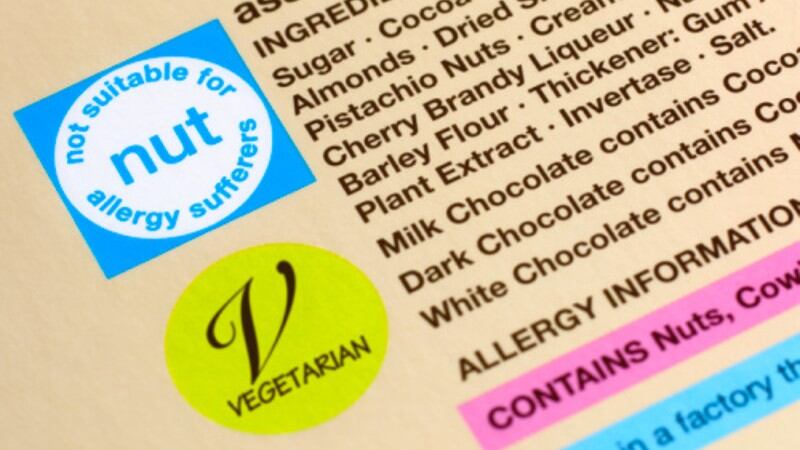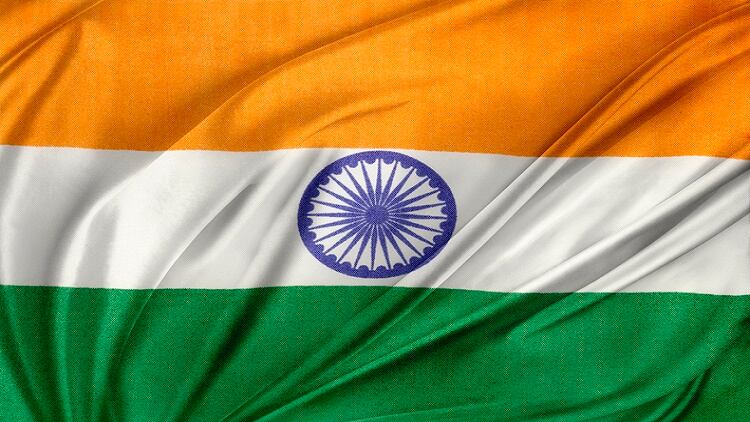The Food Safety and Standards Authority of India (FSSAI) recently announced that it would be implementing new front-of-pack labelling (FoPL) rules for packaged foods based on a new health star rating (HSR) system.
This is in response to a government-commissioned study conducted by the Indian Institute of Management Ahmedabad (IIM-A).
“The study [was conducted on over 20,000 consumers] and has found the HSR system to be most preferred by Indian consumers,” FSSAI CEO Arun Singhal said.
“We will be providing ratings for packaged foods [based on] the nutritional information per 100mg of the products, [and] our licensing application portal will include a new module [where licensees can] generate HSR certificates based on evaluation.
“[Discussions about a] FoPL system have been in the works in India for quite some time, and [are expected to] help reduce the burden of non-communicable diseases in the country.”
At present, the FoPL system is expected to be implemented on a voluntary basis starting in 2023, with a four-year grace period for food and beverage manufacturers to make the transition before it becomes mandatory.
However, local experts have urged FSSAI to highlight ‘warning labels’ within this system, citing research data stating that a large proportion of Indian consumers believe this would be the most effective.
This study was led by government public medical universities group All India Institute of Medical Science (AIIMS) together with several other institutions, and was also focused on finding the most effective FoPL for the Indian population.
Instead of a regular HSR system which would give ratings based on all nutrients in a product, they argue most Indian consumers would prefer simple, direct warning labels about the ‘bad’ components in a food product.
“This survey revealed that an overwhelming 93% of Indian consumers believe that a simple FoPL label on food and beverage products is a necessity, as these would be the easiest to read and help guide their purchase decisions,” study researcher AIIMS Rishikesh Dr Pradeep Agarwal said in a formal statement launching the findings.
This was echoed by Epidemiological Foundation of India President Dr Umesh Kapil who joined Dr Agarwal in launching the study, highlighting that prior research had already ascertained that labels which ‘only highlight nutrients of concern, i.e. warning labels work best’ to guide Indian consumers when making their purchases.
“Indians have almost unanimously voted for ‘high-in warning labels for salt, sugar, fats’ as the easiest form of label to understand,” Dr Kapil stressed.
“India accounts for 25% of the global burden of heart disease right now, and Front-of-Pack Warning Labels (FoPWL) – beyond just FOPL – can result in immediate public health benefits, which is all the more reason why we cannot afford to not get it right the first time.”
This FoPL system will be a first for the country which currently only has mandatory nutrient labelling for back-of-package.
‘Washing’ needs to be avoided
The HSR system has previously come under much criticism from academics in Australia and New Zealand over its voluntary nature, with most believing that this should be made mandatory.
FSSAI seems to have taken this into consideration and avoided this particular landmine with its plan to implement this voluntarily first then make the system mandatory after a four-year transition period – but local experts remain sceptical about whether the food and beverage industry will be willing to take their ‘FoPL warning labels’ data into account.
“The corporate play book uses multiple strategies like ‘corporate washing’ to dilute the basis for a strong FoPL, as Big Food [strives to] divert attention from health harm to consumer behaviour,” Indian Association of Preventive and Social Medicine (IAPSM) National President Dr Suneela Garg also told the floor during the study’s launch.
“Using labels like HSR [as-is] makes false or exaggerated claims possible, [e.g.] sugar-sweetened beverage firms ironically committing to protect consumers from NCDs – so the hope is that the findings of this study reaffirm the global gold standard that warning labels are the most beneficial for people [including Indian consumers] as FSSAI debates the final labelling system.”
It was also stressed that current HSR systems which highlight positive nutrients along with harmful ingredients end up sending a mixed and confusing message to consumers, with Australia and New Zealand data showing that no public health gains have been seen from the system as-is.
“Such systems are preferred by the industry due to having minimal impact on the market, but no large-scale reformulation of high fat, salt or sugar (HFSS) products has been seen [whereas] research has shown that countries such as Chile that have implemented FoPWL warning label systems have seen significant reductions in salt and sugar consumption [due to reformulation] with no economic or job losses for the industry,” stated the report.





